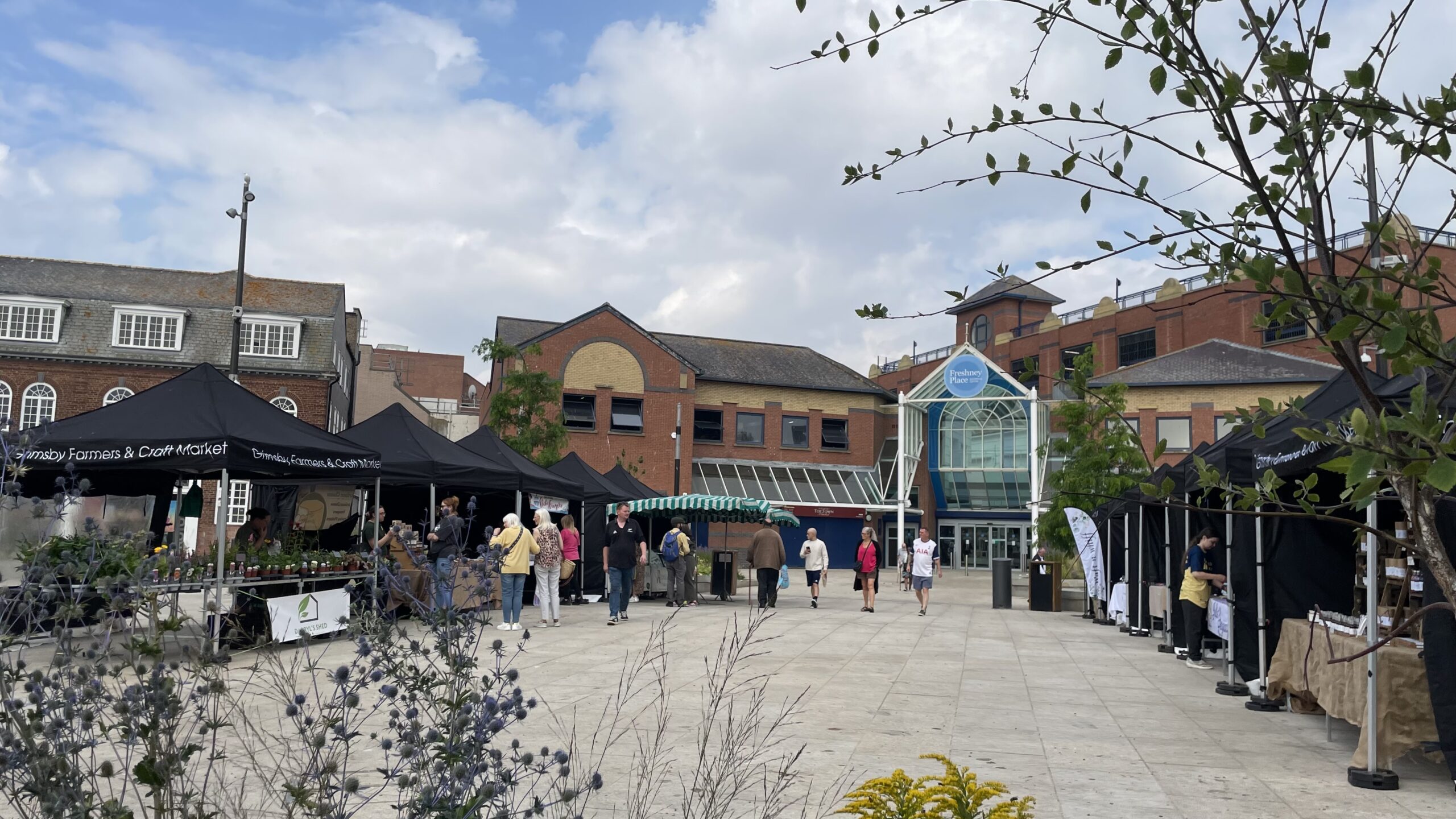Christmas is right around the corner, and for those who haven’t quite ticked everything off their shopping list, this month’s Farmers’ and Craft market couldn’t have come at a better time. Tomorrow (Friday 19 December) Riverhead Square…
Wrap Up Your Christmas Shopping at this months Grimsby’s Farmers’ & Craft Market
